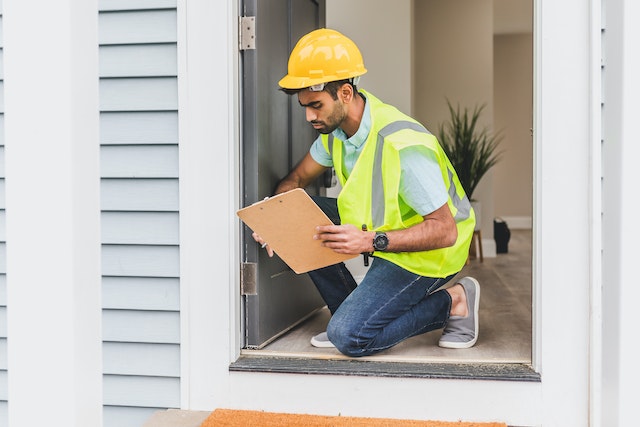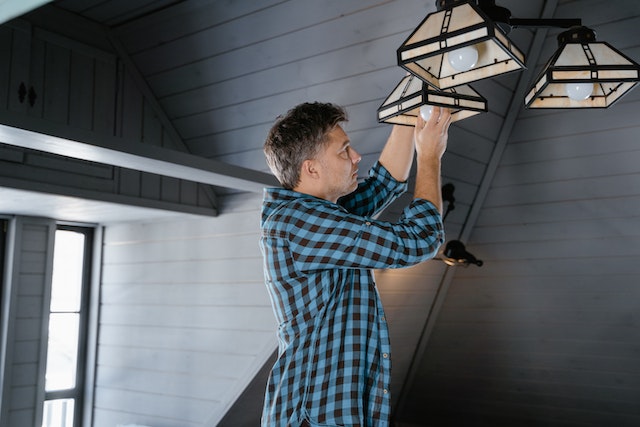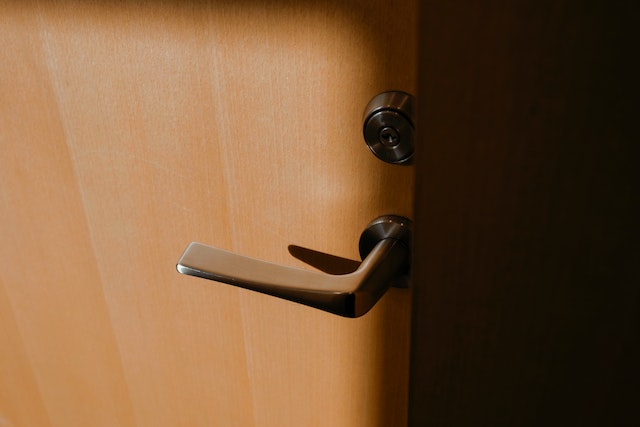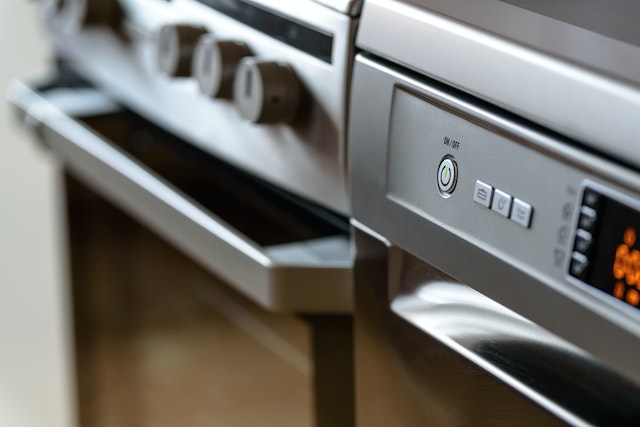Keeping your rental property in good condition can help you attract more prospective tenants and retain existing renters for longer. Moreover, this is one of your duties as a landlord. Although the requirements vary from state to state, landlords are legally required to maintain their rental units in safe and habitable conditions.
Making a habit of ensuring that your rental property meets safety standards can save you plenty of headaches in the long run. Not only does this can help you spot issues before they turn into big, costly repairs, but it can also keep you and your property safe from liabilities.
Do you want to ensure your property meets the essential safety requirements but don’t know where to start? We’ve got you covered! In this article, the experts at Five Star Property Management will tell you how to know if your rental meets local safety standards and what to do to keep your property in safe and clean condition all year round.
9 Ways to Know If Your Rental Meets Safety Standards
Ensuring that your rental complies with safety standards is crucial when renting out your home. The best way to ensure that everything is in order is to perform inspections and preventive maintenance to catch issues early on.

Here are nine key areas to focus on when it comes to providing safety in your rentals:
Heating
A damaged heater or boiler that isn’t fixed after a tenant submits a complaint can subject you, as a landlord, to a lawsuit. Plus, this can also cause accidental fires, putting your tenants’ lives and your property at risk.
To avoid these risks, you should inspect heaters on your property regularly. You should also make sure they are kept away from combustible resources. Additionally, you can minimize the dangers of fire by placing a screen for any heating source in your rental.
Plumbing
Water damage is one of the most feared issues among landlords. It can wreck furnishings, floors, and even the walls of your home. The worst part is that it can cost a lot of money to fix, and if the damage is extensive enough, it can negatively affect the long-term value of the property.
To avoid water damage, it’s essential to conduct preventive maintenance of all plumbing systems in the property. Pay attention to gutter and drainage efficiency. It’s also highly advised to splurge more on quality pipes to reduce leaks. But, if leaks occur, it’s best to address them promptly.
Electricity
If any electrical installations are overloaded in your rental property, these can mean potential electric shock risks and fire hazards. Old properties are at higher risk, so it’s better to upgrade the electric systems to ensure they meet the current safety codes. It’s best not to cut corners when it comes to this and hire a certified electrician to handle any repairs or upgrades.

Additionally, you should ensure that your property has GFI outlets. These are standard and should be placed in most rooms of the house, including kitchens, bathrooms, laundry rooms, and even outside. If your home lacks these, you can simply install a GFCI breaker to prevent electric shocks and reduce the possibility of a fire.
Carbon Monoxide and Smoke Detectors
When it comes to ensuring your rental property is safe for your tenants, carbon monoxide and smoke detectors are essential. Take time to check if these detectors are working correctly. Testing them will ensure they don’t fail when they’re needed the most. Not only will this keep your property safe from hazards but can help you avoid being sued for negligence.
Secure Doors and Windows
As a landlord, it’s your responsibility to provide safe and secure housing for your tenants. That’s why it’s crucial to ensure that the doors and windows in your rental lock properly. If a burglary or break-in happens in your occupied rental unit, you are at risk of a tenant bringing you to court over the matter.
So, before renting out your property, make sure it’s secure. You can also take the security up a notch by equipping the adding electronic locks. You should also make sure that all windows are secure since they’re another entry access from outside. Tempered glass and solid locks are a must.

Walls and Ceilings
Maintaining your flooring, walls, and ceilings in good condition can help you attract more tenants. Moreover, it can help you spot issues and safety hazards before it’s too late. For example, cracks on the wall can be a sign of foundation problems.
Additionally, warped and stained walls, peeling wallpaper, or bubbling paint can indicate water damage. If you notice any of these issues, it’s best to have a licensed contractor inspect them further.
When it comes to ceilings, you should ensure they comply with your local building codes. Additionally, it’s recommended to ensure the property has the proper insulation. This will safeguard your tenants from extreme weather all year round.
Appliances
If you provide any appliances on your rental property, it’s your responsibility as a landlord to maintain them. Among the risks of not inspecting your appliances are overheating, explosions, and even fires caused by faulty wiring. Appliances that should be routinely inspected to maintain safety standards include:
- Washer and dryers.
- Water heaters.
- Refrigerators.
- Dishwashers.
- Microwaves.
- HVAC units.
It’s recommended to keep track of the normal wear and tear of appliances, as well as their life expectancy. This will help you determine when an appliance needs to be replaced, inspected, or repaired. When it comes to buying new appliances, it’s best not to cut corners. Cheap items can end up costing you a lot of money in the long run.

Lead-Based Paint
Most state laws require landlords to disclose the presence of lead-based paint on their properties. This applies especially to units built before 1978. Lead can be toxic to your tenants’ health, so it’s best to test the paint in your home. And if you find traces of this material, it’s best to hire an expert to get rid of it.
Pest Infestation
Pest infestations are a health hazard that can drive your renters away and can damage your property. Whether it’s insects or rodents, not many tenants will put up with pests for long. That’s why it’s vital to deal with pests promptly.
Hiring professional exterminators is the best way to fix this problem. Once the pest has been dealt with, you should consider making this a regular maintenance service as a preventive measure. This will highly reduce the possibility of a recurrence.
Bottom Line
It’s your responsibility as a landlord to maintain your rental property in safe and habitable conditions. This not only saves you from legal liabilities but also helps you ensure your tenants are safe.
Regular inspections and proper documentation are vital for ensuring that your rental meets safety standards. Key things to check include plumbing, electric systems, doors, and traces of lead-based paint. Now that you know how to ensure your rental complies with safety requirements, you can take the next steps to ensure everything is up to code.
If you have any questions or are unsure about what types of routine maintenance are recommended for your rental property, contact Five Star Property Management today! Our team of experienced property managers can help you to keep your property in good shape all year round.
